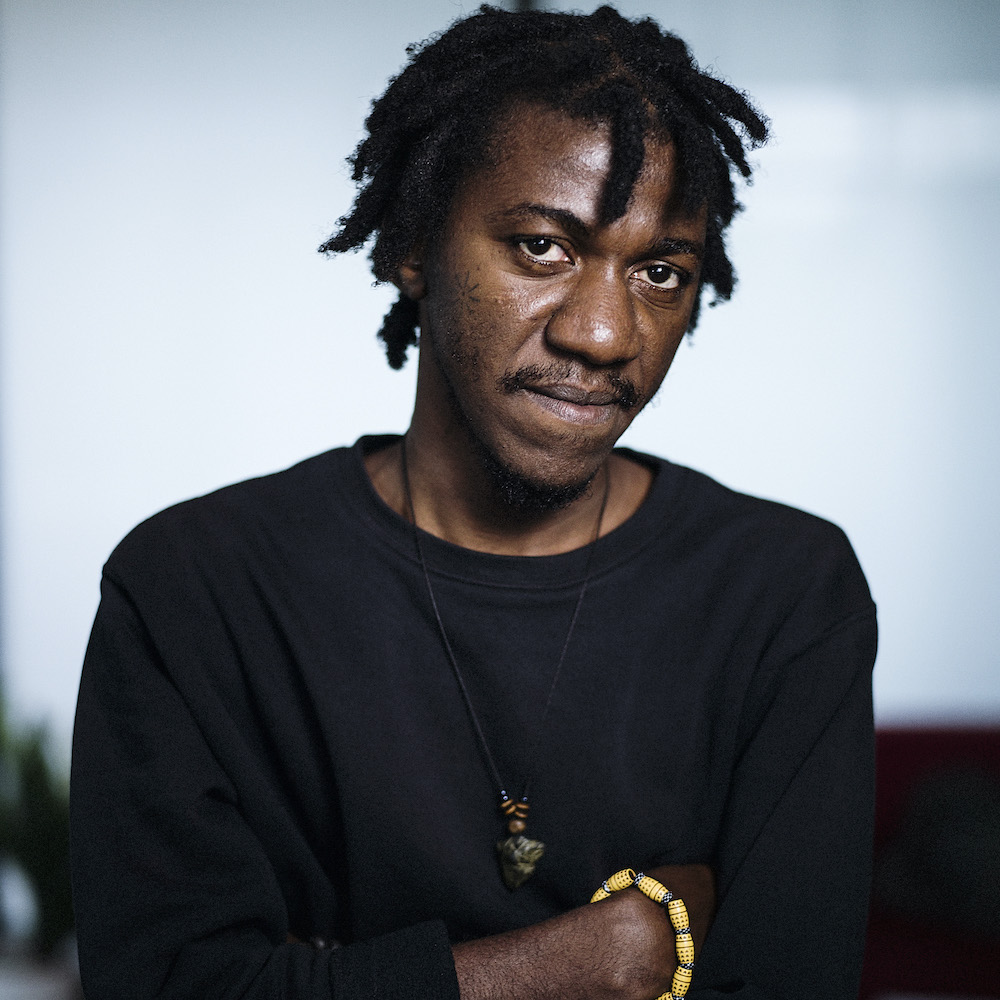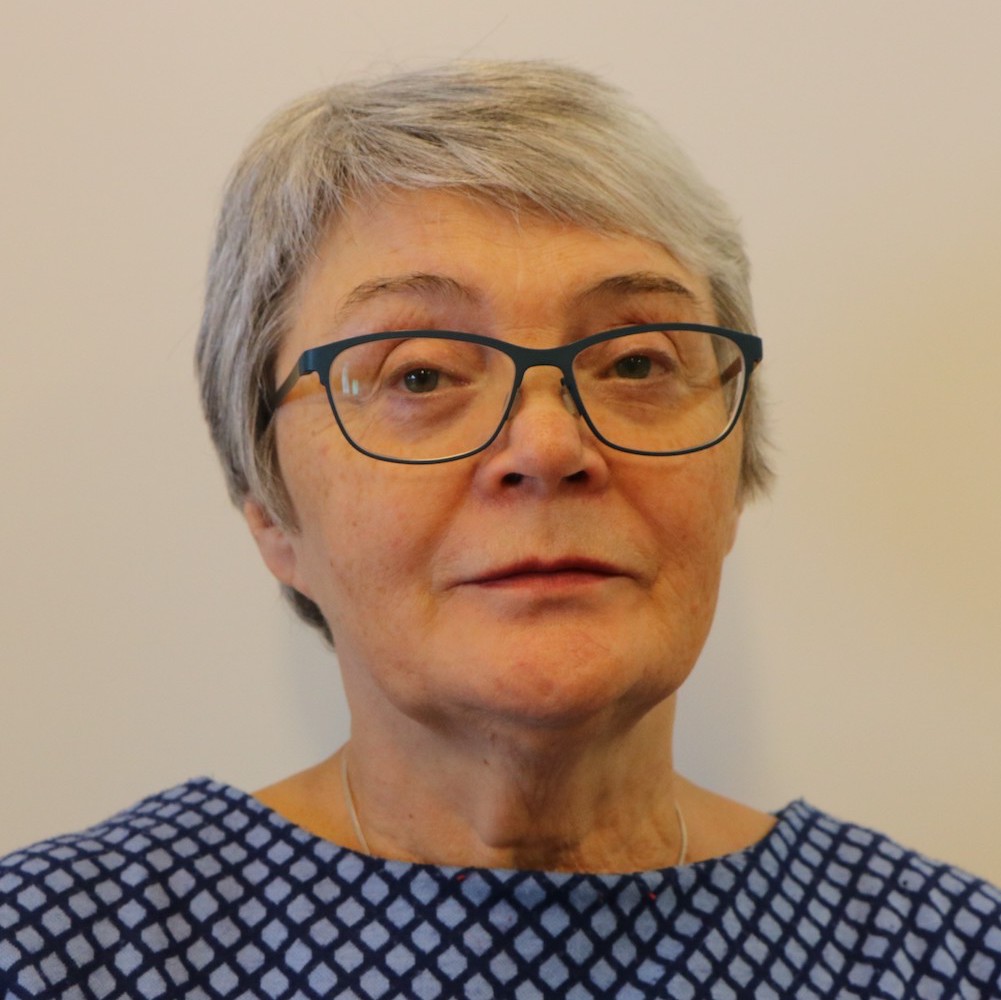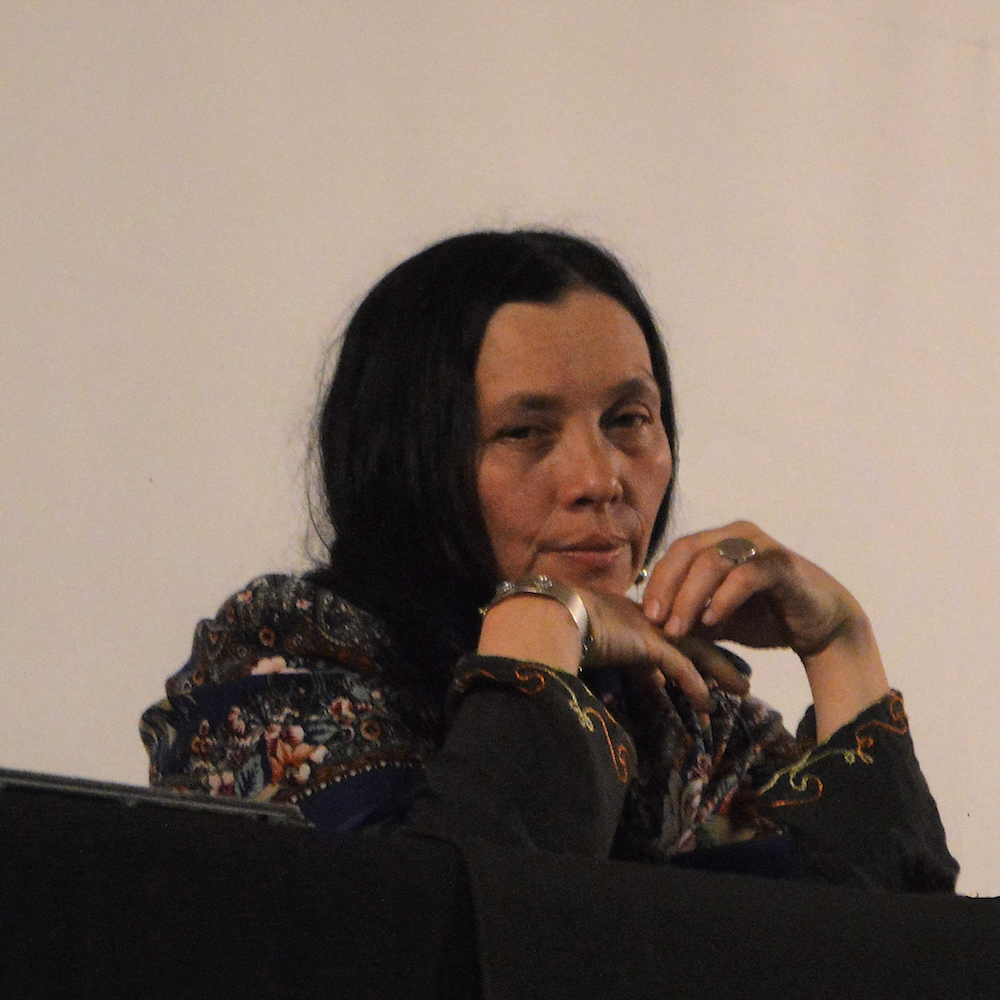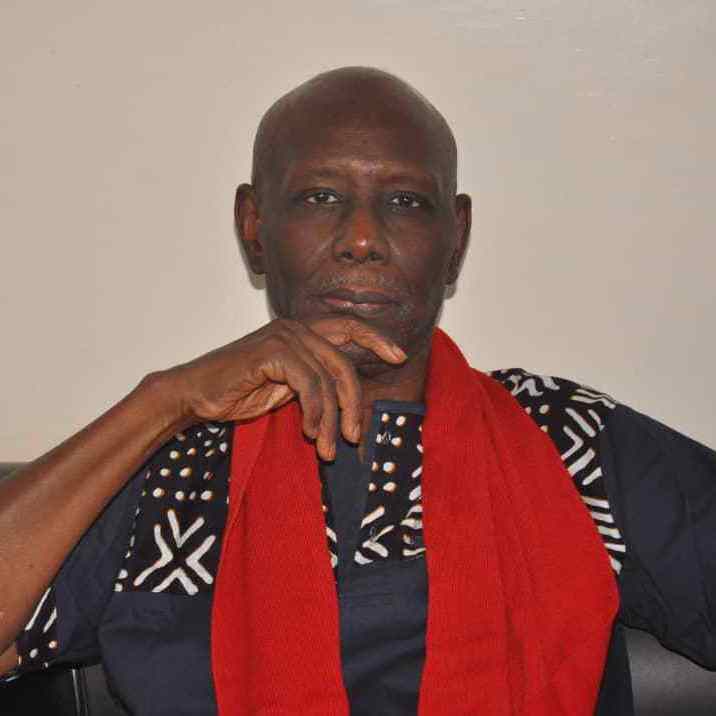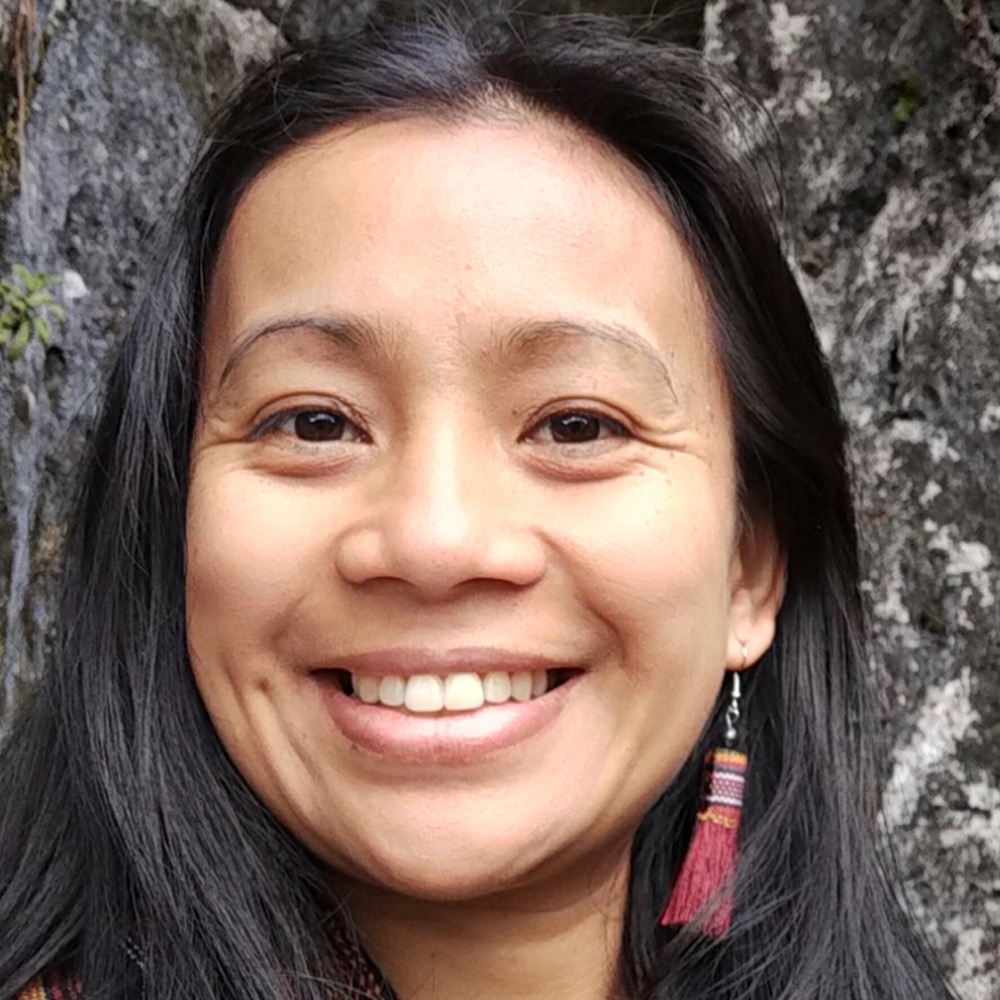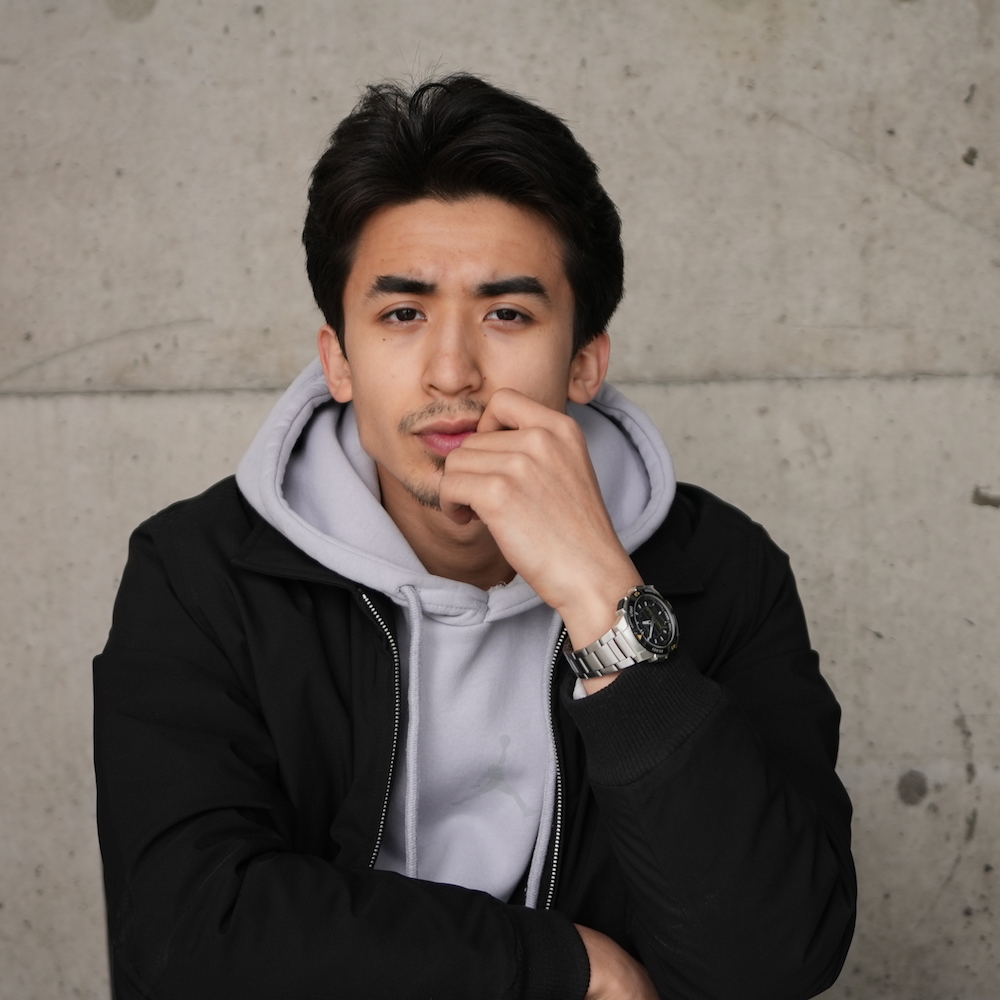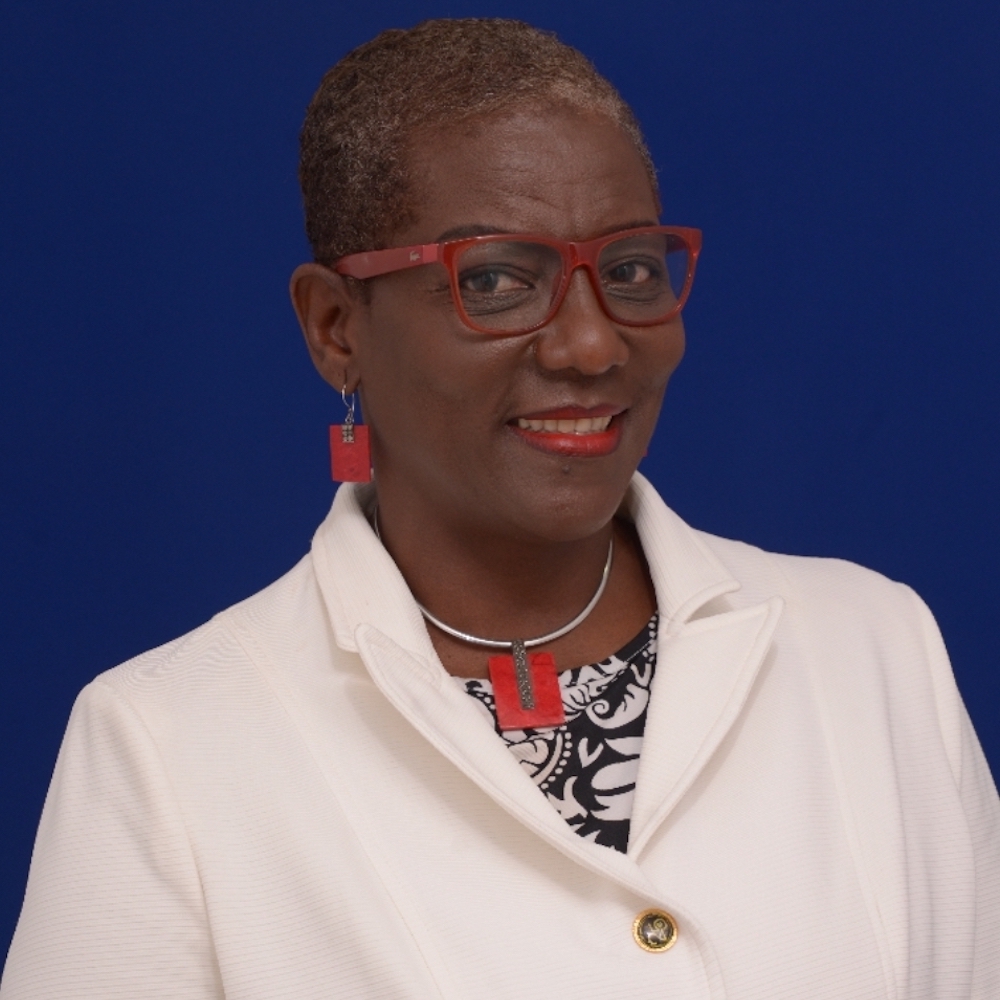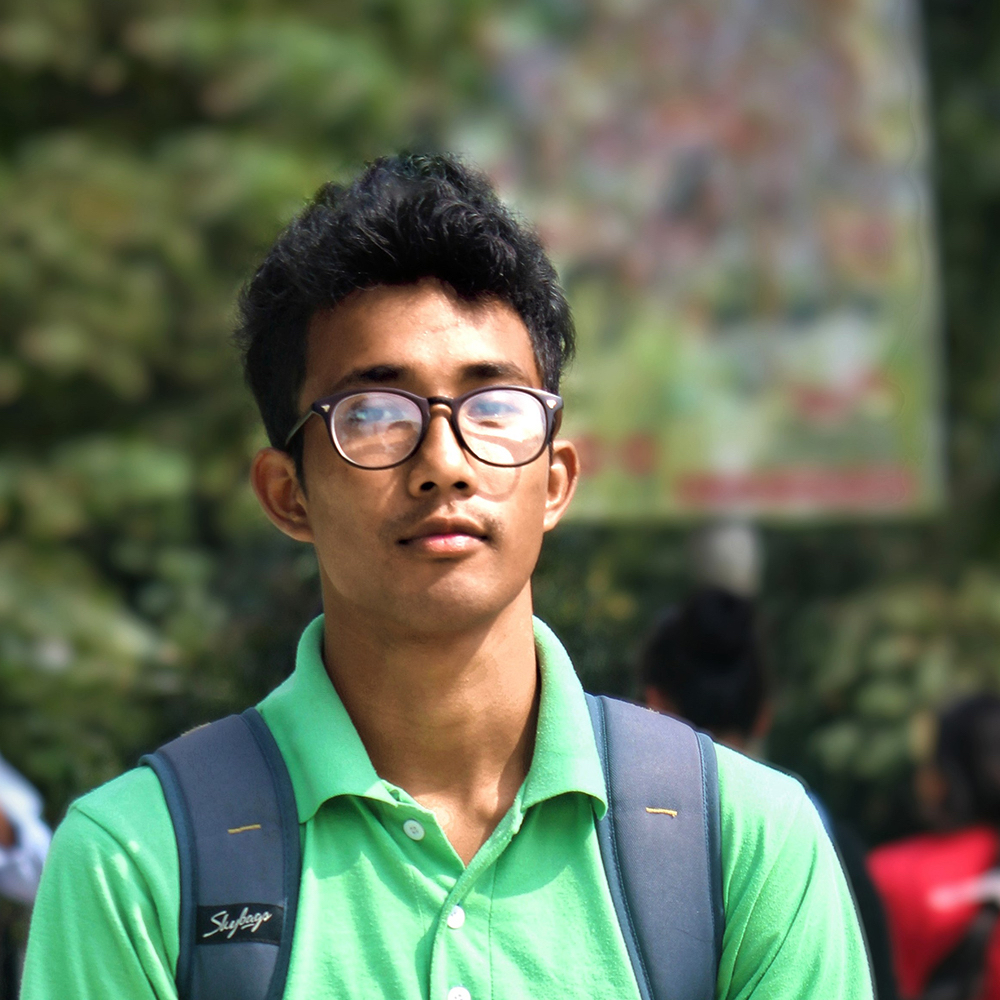1. Jean D’Amérique
The award-winning Haitian poet, playwright, novelist, and rapper Jean D’Amérique writes in both Haitian Creole and French. Read (and listen to) his “Poem for Children with Trouble Sleeping,” translated from Haitian Creole by Nathan H. Dize, on WWB. Interested in bringing this poem to your students? Find teaching ideas and contextual resources on WWB Campus.
2. Risten Sokki
Risten Sokki is a Northern Sámi author from Kautokeino, Norway, whose writing addresses themes including kinship, child adoption, love, and grief. In her short story “The Wolfskin,” translated from North Sámi by Olivia Lasky, a Sámi woman looks back on the wolves that haunted her village childhood.
3. Adriana Paredes Pinda
Adriana Paredes Pinda is an award-winning Mapuche-Huilliche poet and professor born in Los Lagos, Chile. In her bilingual “Letters Drawn from Foye Bark,” written in Spanish and Mapudungun and translated by Arthur Malcolm Dixon, she considers what it means to exist between languages and the lasting effects of colonialism on the Mapuche people. Don’t miss Dixon’s translator’s note following the text.
4. Boubacar Boris Diop
Winner of the Neustadt International Literature Prize and the Senegalese Republic Grand Prize, Boubacar Boris Diop is a major figure in Senegalese letters. His two most recent novels were written in his mother tongue, Wolof, and he founded an initiative to translate literary masterpieces from various cultures into Wolof. Read “An Ordinary Monday Morning,” translated by El Hadji Moustapha Diop & Bojana Coulibaly, a novel excerpt in which a journalist remembers a renowned novelist who was also her close friend.
5. Gawani Gaongen
Gawani Gaongen hails from Sagada, Philippines, and is a member of Agam Agenda, an initiative for creatives toward urgent climate change action. In a poem self-translated from Kankanaey, she considers the paradoxical nature of water, simultaneously life-giving and deadly.
6. Imran Sada’i
Born in East Turkestan, Uyghur writer Imran Sada’i has lived in exile in Turkey since 2016. He writes poetry in both Uyghur and Turkish and translates between the two languages. Read Joshua L. Freeman’s translations of three of his short poems, which consider how our thoughts and emotions inhabit the world around us.
7. Emiliana Bernard-Stephenson
A member of San Andrés and Providencia’s Raizal community, Emiliana Bernard-Stephenson is a writer, educator, feminist, and the Colombian ambassador to Jamaica. She writes in her mother tongue, the English-based San Andrés–Providencia Creole, and is involved in efforts to preserve it. She celebrates the language in her poem “Kriol Soldier,” which you can read and listen to on WWB.
8. Bikash Dihingia
Assamese writer Bikash Dihingia was one of seventy-five writers selected for the Indian Ministry of Education’s PM YUVA Mentorship Scheme, which trains young authors under thirty. Read Harsita Hiya’s translation from Assamese of his short story “A Wagtail’s Song,” in which a “model boy” grapples with his feelings for his best friend.
Copyright © 2024 by Words Without Borders. All rights reserved.









